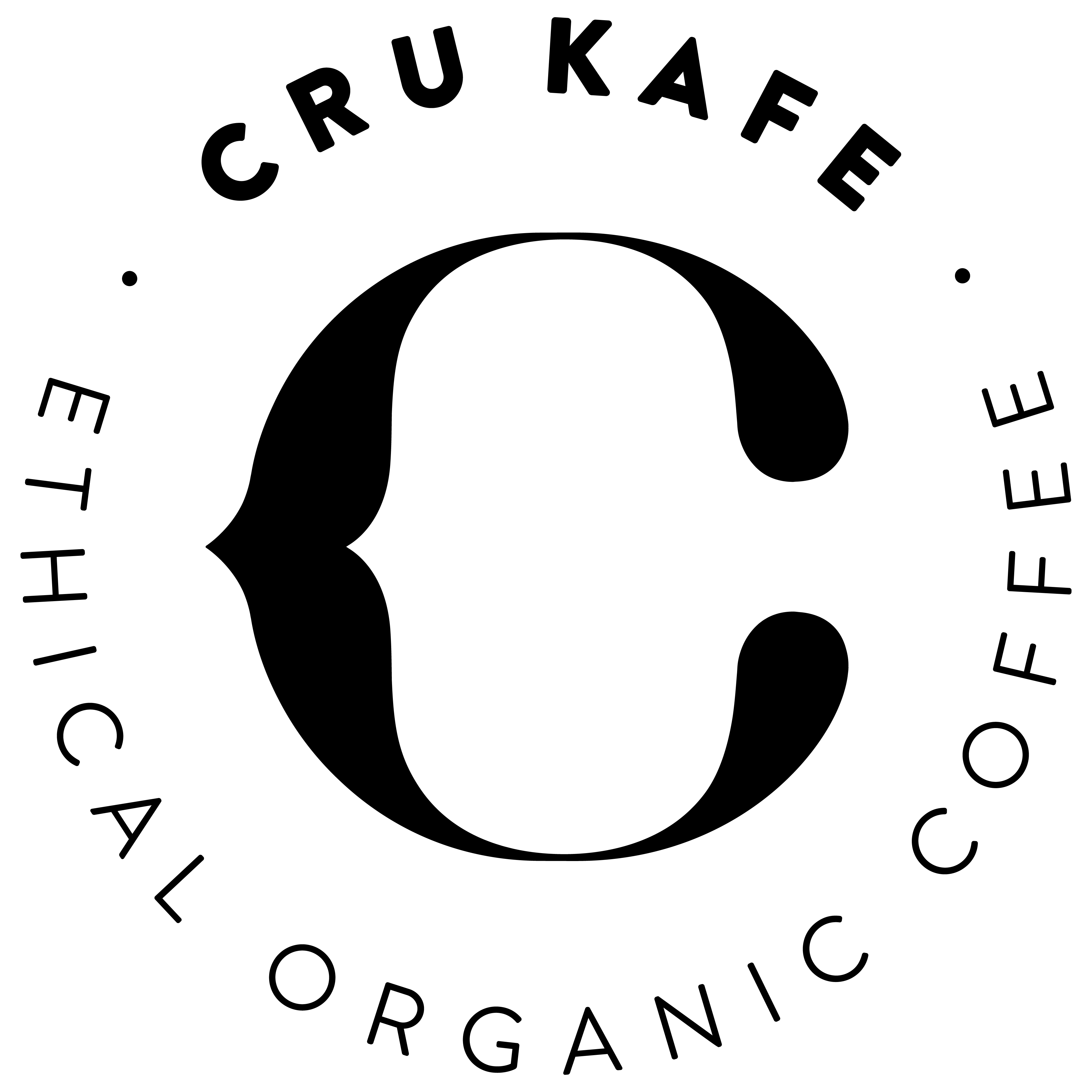Fairtrade have recently announced the outcome of a Coffee Price review, following a lengthy review and consultation process with farmers, buyers, coffee roasters, brands and others. The review focussed on the Fairtrade minimum price, Fairtrade Premium and Organic Differential - topics that we talk about frequently to show transparency to our valued customers.
Research and findings
In 2022 Fairtrade conducted a study of the costs of production for coffee farmers in key Fairtrade origins, such as Honduras and Colombia. Fairtrade found that a weighted average increase of 26% to the Fairtrade minimum price would be needed to cover the costs of production ($1.76 and $1.14 for Arabica and Robusta respectively). The study also looked at the costs of organic production, which is characterised by lower yields and higher costs than conventional coffee.
What does it mean?
This increase in minimum price and organic differential means that cooperatives have a more secure safety net, and can still plan for coffee production in the future, even if faced with environmental difficulties. This is critical in ensuring the future supply of coffee.
Why is it important?
A living income is central to sustainability. Farmers must be able to support their families whilst farming in a way that protects and replenishes the planet and their local communities. A living income is defined as sufficient income to afford a decent standard of living for all household members - including nutritious diet, clean water, housing, education, health care and other essential needs, plus a little extra for emergencies and savings - once farm costs are covered. By paying a premium for our coffee, we are helping contribute to the livelihoods of our farmers, enabling them to not only provide for their families, but also farm in ways that are safe and beneficial to the planet.
“The Fairtrade Minimum Price is critical for coffee farmers as it cushions them from the unpredictable fluctuations they face on the coffee market. But the situation coffee farmers endure globally due to financial hardships and climate change remains unsustainable and, quite frankly, puts the entire future of coffee at risk”
Silvia Gonzalez, Manager at the Nicaraguan coffee producer UCA Miraflor


